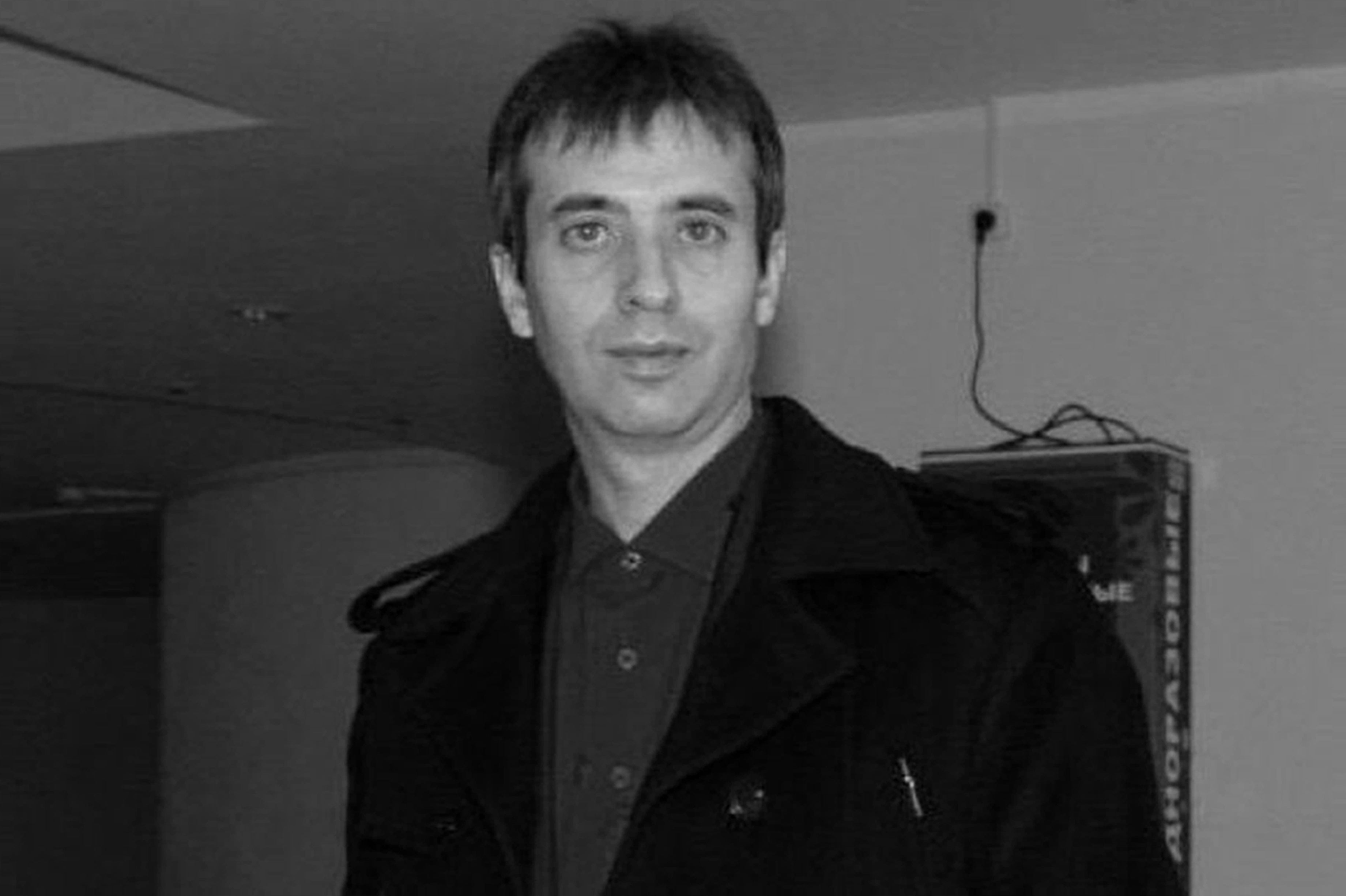Belarus political prisoner dies after authorities fail to provide him with medical care, group says
A human rights group says that a political prisoner has died in prison in Belarus after authorities failed to provide him with proper medical care

Your support helps us to tell the story
From reproductive rights to climate change to Big Tech, The Independent is on the ground when the story is developing. Whether it's investigating the financials of Elon Musk's pro-Trump PAC or producing our latest documentary, 'The A Word', which shines a light on the American women fighting for reproductive rights, we know how important it is to parse out the facts from the messaging.
At such a critical moment in US history, we need reporters on the ground. Your donation allows us to keep sending journalists to speak to both sides of the story.
The Independent is trusted by Americans across the entire political spectrum. And unlike many other quality news outlets, we choose not to lock Americans out of our reporting and analysis with paywalls. We believe quality journalism should be available to everyone, paid for by those who can afford it.
Your support makes all the difference.A political prisoner has died in prison in Belarus after authorities failed to provide him with proper medical care, a human rights group said Monday, a death that spotlighted cruel conditions in Belarusian prisons.
Vadzim Khrasko died of pneumonia in a penal colony near the northeastern city of Vitebsk after prison authorities had been slow to take him to a hospital, ignoring his pleas for help, the respected Viasna human rights center said. He died on Jan. 9, but the penal colony only reported his death now.
Khrasko, an information technology specialist who died at the age of 50, was serving a three-year sentence on charges of offering donations to opposition groups that the authorities branded "extremist."
Political activist Leanid Sudalenka, who served his three-year term at the same penal colony, told The Associated Press after finishing his term that he nearly died when COVID-19 swept through the facility. He said that he and other political prisoners had to wear a yellow tag on their uniforms, so they’re easily identifiable to guards who he said routinely bullied, abused and humiliated them.
Sudalenka said that methods of bullying can range from punishment cells and complete information isolation, to refusing a meeting with a lawyer and the denial of medical care and medicine.
A few other prisoners haven’t survived incarceration, including artist Ales Pushkin, who died in July of a perforated ulcer after receiving no medical care, and Vitold Ashurak, whose body was turned over to his relatives in 2021 still bearing a head bandage.
Belarusian authorities have cracked down on opponents of authoritarian President Alexander Lukashenko after huge protests triggered by the August 2020 election that gave him a sixth term in office. The balloting was viewed by the opposition and the West as fraudulent.
Protests swept the country for months, bringing hundreds of thousands into the streets. More than 35,000 people were arrested, thousands were beaten in police custody and hundreds of independent media outlets and nongovernmental organizations were shut down and outlawed.
More than 1,400 political prisoners remain behind bars, including leaders of opposition parties and renowned human rights advocate and 2022 Nobel Peace Prize winner Ales Bialiatski.
Belarusian opposition leader-in-exile Sviatlana Tsikhanouskaya, who was forced to leave the country after challenging Lukashenko in the 2020 vote, called for an investigation into Khrasko's death.
“I received the tragic news of the death of political prisoner Vadzim Khrasko, due to inadequate medical care,” Tsikhanouskaya said. “We must act now to prevent more deaths.”